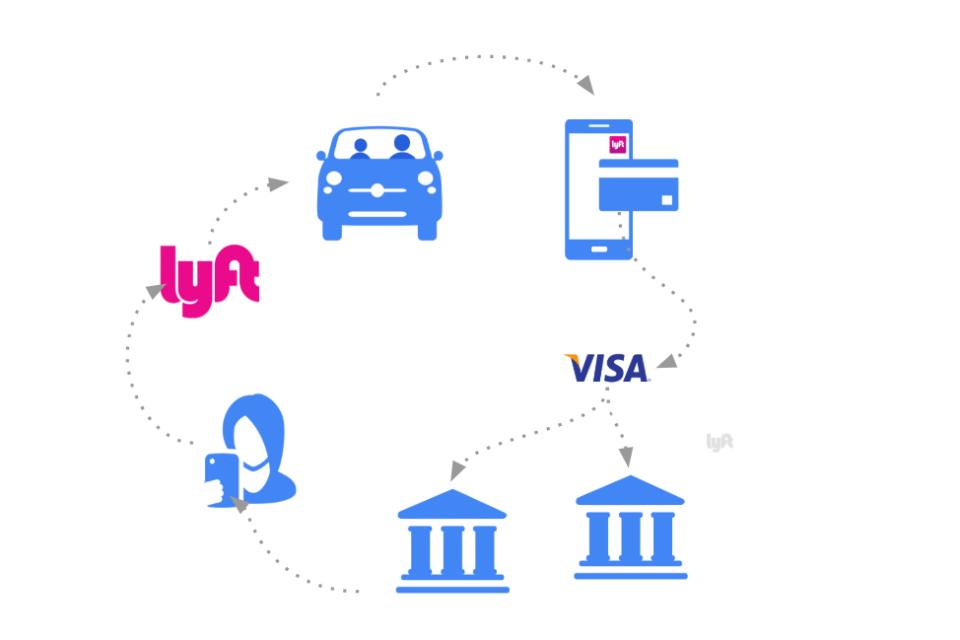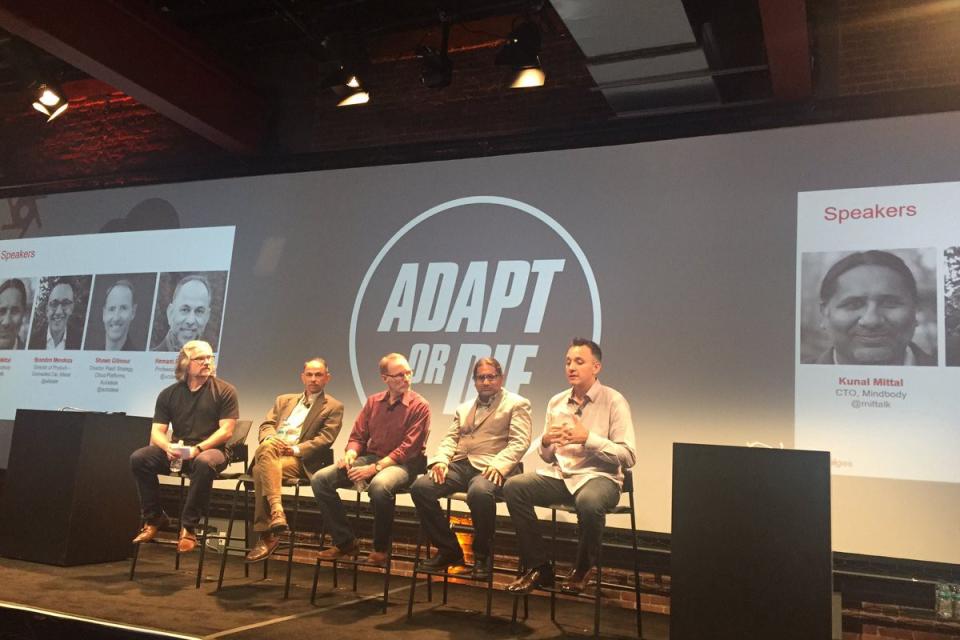Platform Business
Strategic and operational problems in management of platform businesses, applications of platform thinking, transformational impact of platforms.
Platforms, or technology-enabled business marketplaces, are transforming the way we think about business. For 200 years, businesses had been about creating large scale in various aspects and connecting them in a linear fashion: raw materials, parts and components, resources of production and transformation, distribution, etc., and using this large-scale structure to efficiently create and supply something of value to the customer.
Today’s platform technologies change this in a fundamental way: business and customer value is created by enabling others to create and provide value – and then performing necessary tasks (such as discovery, matching, fulfillment, financial payments, trust etc.) to make it is easy for this to happen.
While a typical traditional business might work with hundreds of thoroughly vetted business partners under bespoke contracts, platforms typically feature a dynamic ecosystem with thousands or millions of partners enabled with information technologies that support lightweight automated contracts. CATS faculty have examined several exciting research questions motivated by this new architecture.

















